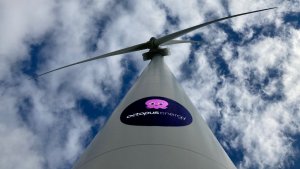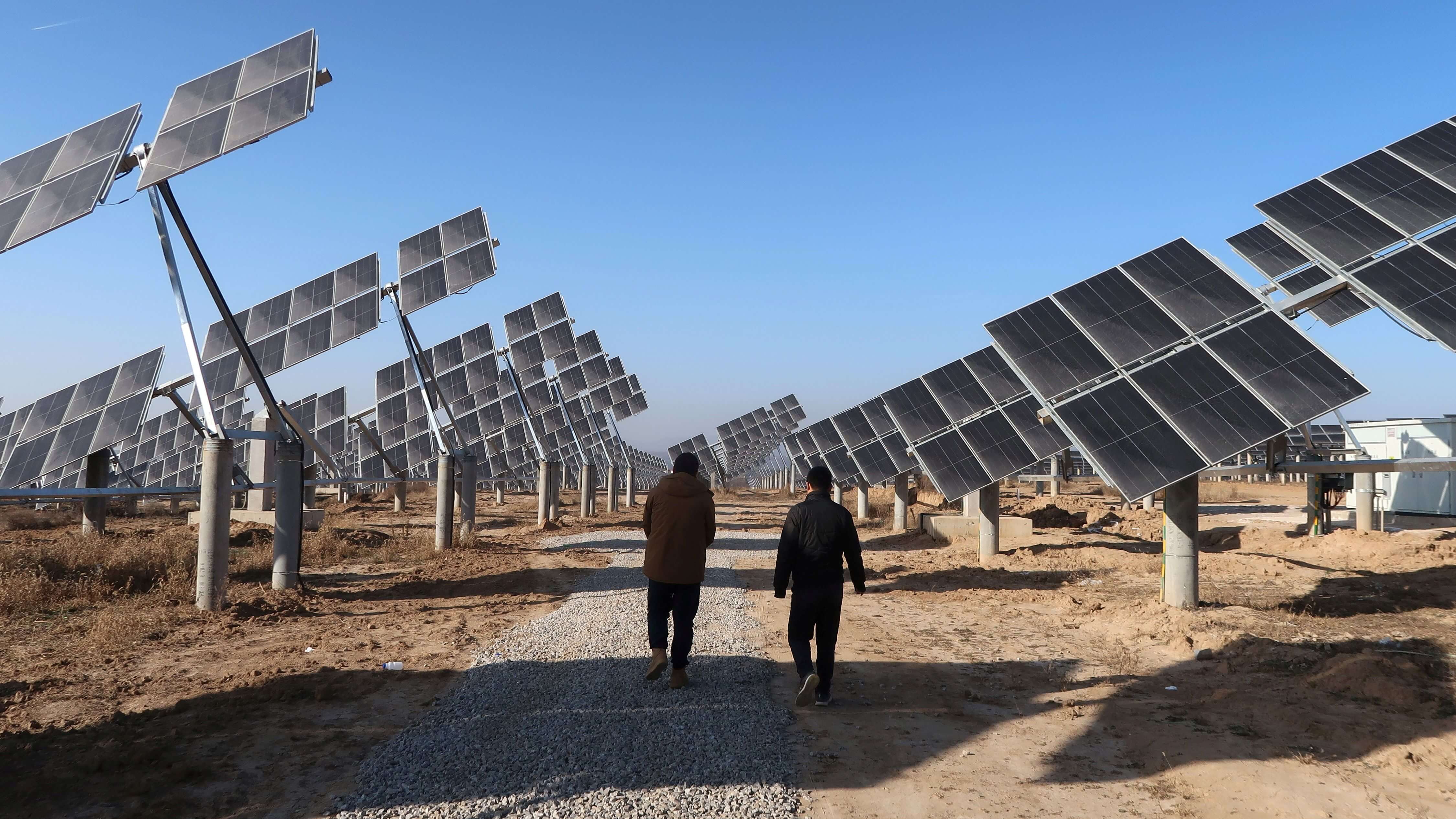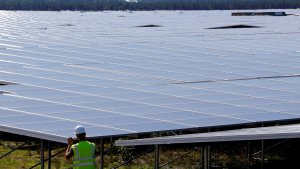Phil Foster, MD at Love Energy Savings, comments on new Energy Trend statistics, offshore wind investment and the upcoming COP21 Conference.
A Brighter Future For Renewables?
Phil Foster, MD at Love Energy Savings, comments on new Energy Trend statistics, offshore wind investment and the upcoming COP21 Conference.

With only a month to go until the annual Conference of the Parties to the United Nations Framework Convention on Climate Change (COP21/CMP11), the topic of renewable energy sources is hotter than ever.
New DECC statistics released today (29th October) have shown that the development of renewables is going from strength to strength, despite government subsidy cuts threatening to harm the sector earlier this year.
Wind power generation has increased by 49% over the last year, due to increased capacity and higher wind speeds, while renewable production overall has experienced 43% growth, mainly due to the growth of biomass and hydro power sources.
What does this mean for businesses?
For businesses across the UK, increased renewable energy generation could result in lower energy bills, but this will only occur once these clean energy sources are operating at full capacity.
In the meantime, ambitious climate change targets will be putting additional pressures on the UK Government to invest in green energy, possibly resulting in short-term cost increases.
Having said that, the government’s subsidy cutbacks don’t seem to be having an adverse effect on the amount of money being invested into the development of renewable energy technology in the UK just yet.
DONG energy, a Danish energy company, has recently announced that it will be increasing its investment in the Cumbria-based Walney Offshore Wind Farm, creating more local jobs while also benefitting the local manufacturing and engineering businesses that will be charged with supplying the new turbine blades, foundations and cable installations.
The Walney expansion will see clean energy being delivered to 460,000 UK homes, according to Samuel Leupold, executive Vice President at DONG Energy, which will bring the UK one step closer to the low-carbon societies envisioned by COP21.
Whatever the future holds for renewables, it is down to businesses, large and small, to voluntarily begin putting mechanisms in place to champion energy efficiency and reduce energy use, before they are forced.
There are easy, quick fixes that businesses can implement that will help reduce their bills such as those outlined in a recent blog post produced by business energy experts Love Energy Savings. A conscious effort now will make it easier to adapt as those 2020 targets loom.
Thanks for signing up to Minutehack alerts.
Brilliant editorials heading your way soon.
Okay, Thanks!


